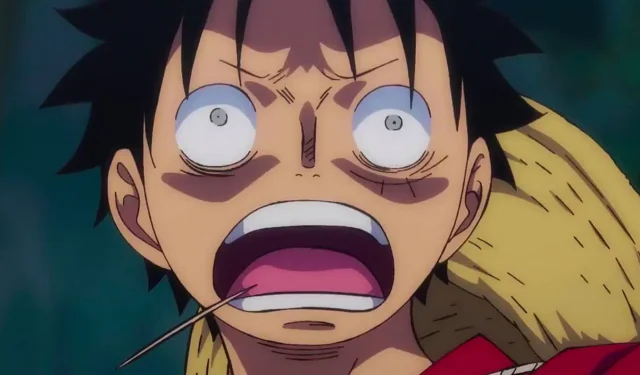This week, significant actions have been taken by Japanese manga publishers to address the growing issue of manga piracy. This includes a series of mass DMCA takedown notices directed towards the well-known manga reading platform, MangaDex. As of the time of this writing, close to 1,500 manga series have been removed from the site as per a list compiled by concerned fans.
Impact of DMCA Takedowns on Niche Manga Series
While publishers are entirely entitled to defend their intellectual property, one of the most pressing concerns stemming from these latest DMCA actions is the targeting of obscure manga series. A significant number of the affected titles lack official English translations or are unavailable through other online platforms, which underscores how the publishers themselves contribute to the rampant piracy of manga.
List of manga affected by the DMCA takedown to Mangadex. byu/andyarc1995 inmangadex
It is crucial to recognize that while the right to act against copyright infringement is undeniable, the refusal of major publishers such as Shueisha, Kodansha, and Shogakukan to translate niche titles into English plays a significant role in exacerbating manga piracy.
Fan Translations: A Response to Publisher Inaction
In this environment, manga enthusiasts often feel compelled to take on the task of translating beloved series that are too obscure to receive official releases. Titles such as Boku no Kanojo Sensei, Dorobou-chan, Garaku, and Isekai Kenja no Tensei Musou are just a few examples of works that exist solely through fan translations, as they do not have authorized English versions.
This situation creates a paradox: by issuing takedown notices for fan-translated series, publishers acknowledge the existence of a passionate international readership. However, instead of nurturing this community by promoting official translations, they opt to eliminate the only means of access for these readers.
The consequence of these actions is detrimental; by cutting off international fans’ ability to engage with these series, publishers diminish the likelihood that readers will support official Japanese releases. For instance, fandoms surrounding titles like Takeru Hokazono’s Kagurabachi have demonstrated readiness to purchase Japanese volumes as a way of supporting creators. This dynamic illustrates how fan translations can inspire international readers to transition to official purchases.
However, without the ability to read and appreciate these works, the chance for this consumer interest to develop is severely undermined. Furthermore, it restricts publishers’ ability to assess a series’ popularity outside Japan, thereby diminishing the chances for an English-language release. In this context, it becomes evident why manga piracy has intensified in recent years—large swathes of the market remain underserved by publishers.
Concluding Remarks

Notwithstanding these complexities, it’s crucial to underscore that manga piracy remains illegal, regardless of the informal benefits it renders to readers and creators alike. Consequently, while Japanese publishers are justified in protecting their assets, they are also subject to critique for their approach in addressing piracy.
Sadly, this means that many niche series, alongside fan translations lost in this latest legal wave, may never be accessible in English. This situation further illustrates the modern mindset of many Japanese publishers regarding the international distribution of their works, a perspective that is proving increasingly detrimental to their potential global audience.


